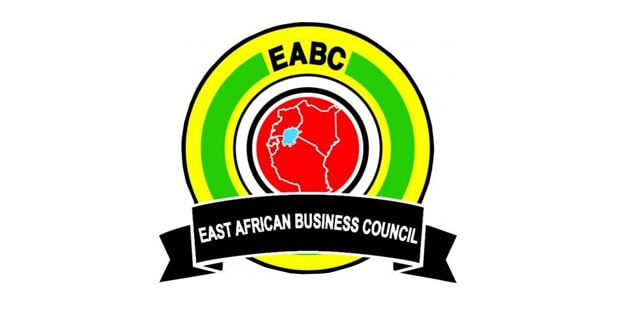
Our Projects are
Transforming African Trade
Quick Contacts
2nd Floor, Fidelity Insurance Centre Waiyaki Way, Westlands

East African partner states are losing out billions of dollars by inadequately investing in adding value to horticulture and leather goods produced in the region, according to a recent report by EABC.
Dubbed ‘Building the Leather, Fruits and Vegetable value chains in the East African Community’ the report finds that the region provides a good resource base for the production of hides and skins, having over 188.1 million livestock.
Despite East Africa currently having a monthly demand of about 600,000 pairs of industrial shoes, production is only about 60,000 shoes per month.
The report indicates that the EAC region processes leather up to wet blue stage with a minimal transformation to finished leather.
On the international market, the price of finished leather costs about $5(Sh542) per square feet, while the wet blue is sold at $1.5(165) per ft².
This suggests that the EAC, which exports mainly wet blue, loses as much as $3.5 (Sh379)per ft².
This implies that the EAC in effect lost close to $3.2billion(Sh347.2billion) in the last 4 years, (from 2014-2018).
“The leather industry has protracted due to the high presence of imported used footwear as well as synthetic shoes,” said EABC CEO, Peter Mathuki.
He added that the imports are priced way below the production costs of local producers, thus reducing the market for a sector that is still not getting adequate financing.
The report also finds that there is a huge opportunity for increasing economic growth in the horticulture sector as exports of manufactured goods remain limited.
It also revealed that most farmers have limited finances for capital investment and to purchase inputs.
Inadequate processing facilities close to the sources of their produce has also deterred the region from fully exploiting the potential of the sector.
“Appropriate infrastructure for marketing and proper post-harvest handling can tremendously reduce losses that horticulture farmers face in the region,“ said Mathuki.
The report recommends for EAC partner states governments to abolish import tariffs and Value Added Tax on imported seeds and seedlings plus other inputs.
This as well as lowering jet fuel taxes, reducing the high cost of power tariffs for horticultural farmers, trade facilitation, elimination of Non-Tariff Barriers and ratification of the EAC Sanitary and Phytosanitary (SPS) Protocol and opening up of EAC skies for cargo flights.
Read the original article
Disclaimer: The views and opinions expressed in this article are those of the authors and do not necessarily reflect the official policy or position of TradeMark Africa.